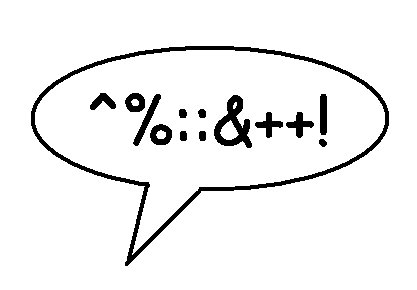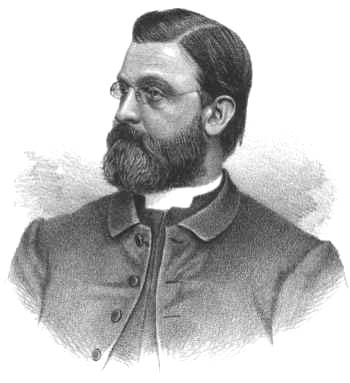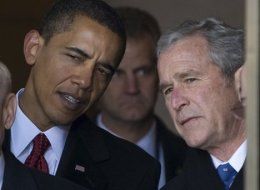But make no mistake: if the people who wrote this bill were proud of it, they wouldn't be forcing this vote in the dead of night.
Here are just some of the deals we've noticed:
$100 million for an unnamed health care facility at an unnamed university somewhere in the United States - the bill doesn't say where - and no one will even step forward to claim it.
One state out of 50 gets to expand Medicaid at no cost to itself - while taxpayers in the other 49 states pick up the tab.
The same Senator who cut that deal secured another one that benefits a single insurance company - just one insurance company - based in his state.
Do the supporters of this bill know all this? Do they think it's a fair deal for their states, for the rest of the country?
The fact is, a year after this debate started few people could have imagined that this is how it would end - with a couple of cheap deals and a rushed vote at one o'clock in the morning. But that's where we are.
And Americans are wondering tonight: How did this happen?
So I'd like to take a moment to explain to the American people how we got here, to explain what happened - and what's happening now.
Everyone in this chamber agrees we need health care reform. The question is how?
Some of us have taken the view that the American people want us to tackle the cost issue, and we've proposed targeted steps to do it. Our friends on the other side have taken the opposite approach.
And the result has been just what you'd expect.
The final product is a mess - and so is the process that's brought us here to vote on a bill that the American people overwhelmingly oppose.
Any challenge of this size and scope has always been dealt with on a bipartisan basis. The senior Senator from Maine made that point at the outset of the debate, and reminded us all how these things have been handled throughout history.
The Social Security Act of 1935 was approved by all but 6 members of the Senate. The Medicare and Medicaid Acts of 1965 were approved by all but 21. All but 8 senators voted for the Americans with Disabilities Act of 1990.
Americans believe that on issues of this importance, one party should never be allowed to force its will on the other half of the nation. The proponents of this bill felt differently.
In a departure from history, Democrat leaders put together a bill so heavy with tax hikes, Medicare cuts and government intrusion, that, in the end their biggest problem wasn't convincing Republicans to support it, it was convincing the Democrats.
In the end, the price of passing this bill wasn't achieving the reforms Americans were promised.
It was a blind call to make history, even if it was a historical mistake - which is exactly what this bill will be if it's passed. Because, in the end, this debate isn't about differences between two parties, it's about a $2.3 trillion dollar, 2,733-page health care reform bill that does not reform health care and, in fact, makes its price go up.
"The plan I'm announcing tonight," the President said on September 9th, "will slow the growth of health care costs for our families, our businesses, and our government."
"My plan," the President said, "would bring down premiums by $2500 for the typical family..."
"I will not sign a plan that adds one dime to our deficit," the President said, "either now or in the future."
And, on taxes? "No family making less than $250,000 a year will see any form of tax increase," he said.
He said he wouldn't cut Medicare.
People who like the plans they have wouldn't lose their coverage.
And, Americans were promised an open, honest debate. "That's what I will do in bringing all parties together," then-Senator Obama said on the campaign trail, "not negotiating behind closed doors, but bringing all parties together and broadcasting those negotiations on C-SPAN."
That was then, and this is now.
But here's the reality: the Democrat bill we're voting on tonight raises health care costs. That's not me talking -- that's the administration's own budget scorekeeper.
It raises premiums -- that's the non-partisan Congressional Budget Office talking. It raises taxes on tens of millions of middle class Americans.
And, it plunders Medicare by half a trillion dollars It forces people off the plans they have -- including millions of seniors.
It allows the federal government for the first time in our history to use taxpayer dollars for abortions.
So a President who was voted into office on the promise of change said he wanted lower premiums. That changed. He said he wouldn't raise taxes. That changed. He said he wanted lower costs. That changed. He said he wouldn't cut Medicare. And, that changed too.
And, twelve months and $2.3 trillion later, lawmakers who made these same promises to their constituents are poised to vote for a bill that won't bend the cost curve, that won't make health care more affordable and that will make real reform even harder to achieve down the road.
Now, I understand the pressure our friends on the other side are feeling, and, I don't doubt for a moment their sincerity.
But, my message tonight is this: the impact of this vote will long outlive this one frantic, snowy weekend in Washington. Mark my words: this legislation will reshape our nation.
And, Americans have already issued their verdict: they don't want it. They don't like this bill -- and they don't like lawmakers playing games with their health care to secure the votes they need to pass it.
Let's think about that for a moment. We know the American people are overwhelmingly opposed to this bill.
And yet, the people who wrote it won't give the 300 million Americans whose lives will be profoundly affected by it so much as 72 hours to study the details.
Imagine that: when we all woke up yesterday morning, we still hadn't seen the details of the bill we're being asked to vote on before we go to sleep tonight.
How can anyone justify this approach? Particularly in the face of such widespread and intense public opposition.
Can all of these Americans be wrong? Don't their concerns count? Party loyalty can be a powerful force. We all know that.
But Americans are asking Democrats to put party loyalty aside tonight -- to put the interests of small business owners, taxpayers, and seniors first.
And there's good news -- it's not too late.
All it takes is one. Just one. One can stop it -- or every one will own it.
My colleagues: it is not too late.



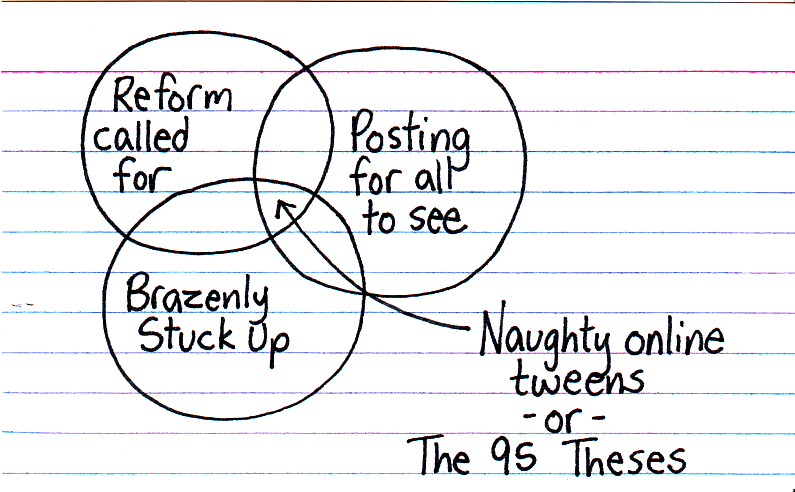
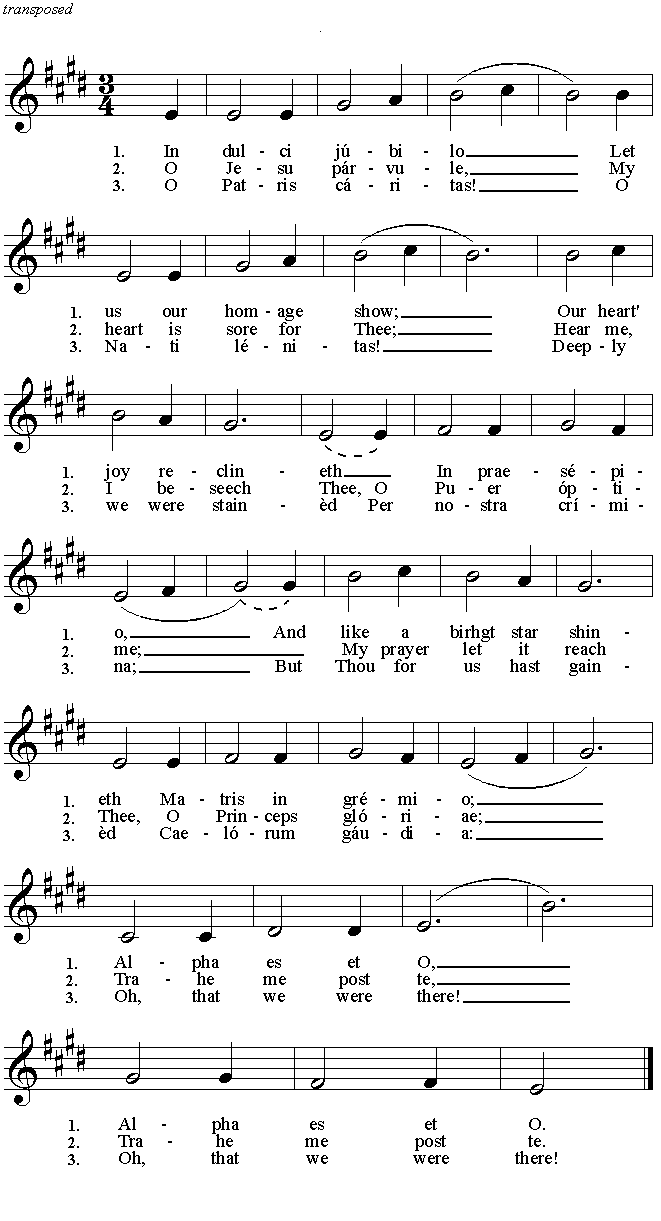














 Most references to Andrew in the New Testament simply include him on a list of the Twelve Apostles, or group him with his brother, Simon Peter. But he appears acting as an individual three times in the Gospel of John. When a number of Greeks (perhaps simply Greek-speaking Jews) wish to speak with Jesus, they approach Philip, who tells Andrew, and the two of them tell Jesus (Jn 12:20-22). (It may be relevant here that both "Philip" and "Andrew" are Greek names.) Before Jesus feeds the Five Thousand, it is Andrew who says, "Here is a lad with five barley loaves and two fish." (Jn 6:8f) And the first two disciples whom John reports as attaching themselves to Jesus (Jn 1:35-42) are Andrew and another disciple (whom John does not name, but who is commonly supposed to be John himself -- John never mentions himself by name, a widespread literary convention). Having met Jesus, Andrew then finds his brother Simon and brings him to Jesus. Thus, on each occasion when he is mentioned as an individual, it is because he is instrumental in bringing others to meet the Saviour. In the Episcopal Church, the Fellowship of Saint Andrew is devoted to encouraging personal evangelism, and the bringing of one's friends and colleagues to a knowledge of the Gospel of Christ.
Most references to Andrew in the New Testament simply include him on a list of the Twelve Apostles, or group him with his brother, Simon Peter. But he appears acting as an individual three times in the Gospel of John. When a number of Greeks (perhaps simply Greek-speaking Jews) wish to speak with Jesus, they approach Philip, who tells Andrew, and the two of them tell Jesus (Jn 12:20-22). (It may be relevant here that both "Philip" and "Andrew" are Greek names.) Before Jesus feeds the Five Thousand, it is Andrew who says, "Here is a lad with five barley loaves and two fish." (Jn 6:8f) And the first two disciples whom John reports as attaching themselves to Jesus (Jn 1:35-42) are Andrew and another disciple (whom John does not name, but who is commonly supposed to be John himself -- John never mentions himself by name, a widespread literary convention). Having met Jesus, Andrew then finds his brother Simon and brings him to Jesus. Thus, on each occasion when he is mentioned as an individual, it is because he is instrumental in bringing others to meet the Saviour. In the Episcopal Church, the Fellowship of Saint Andrew is devoted to encouraging personal evangelism, and the bringing of one's friends and colleagues to a knowledge of the Gospel of Christ.
